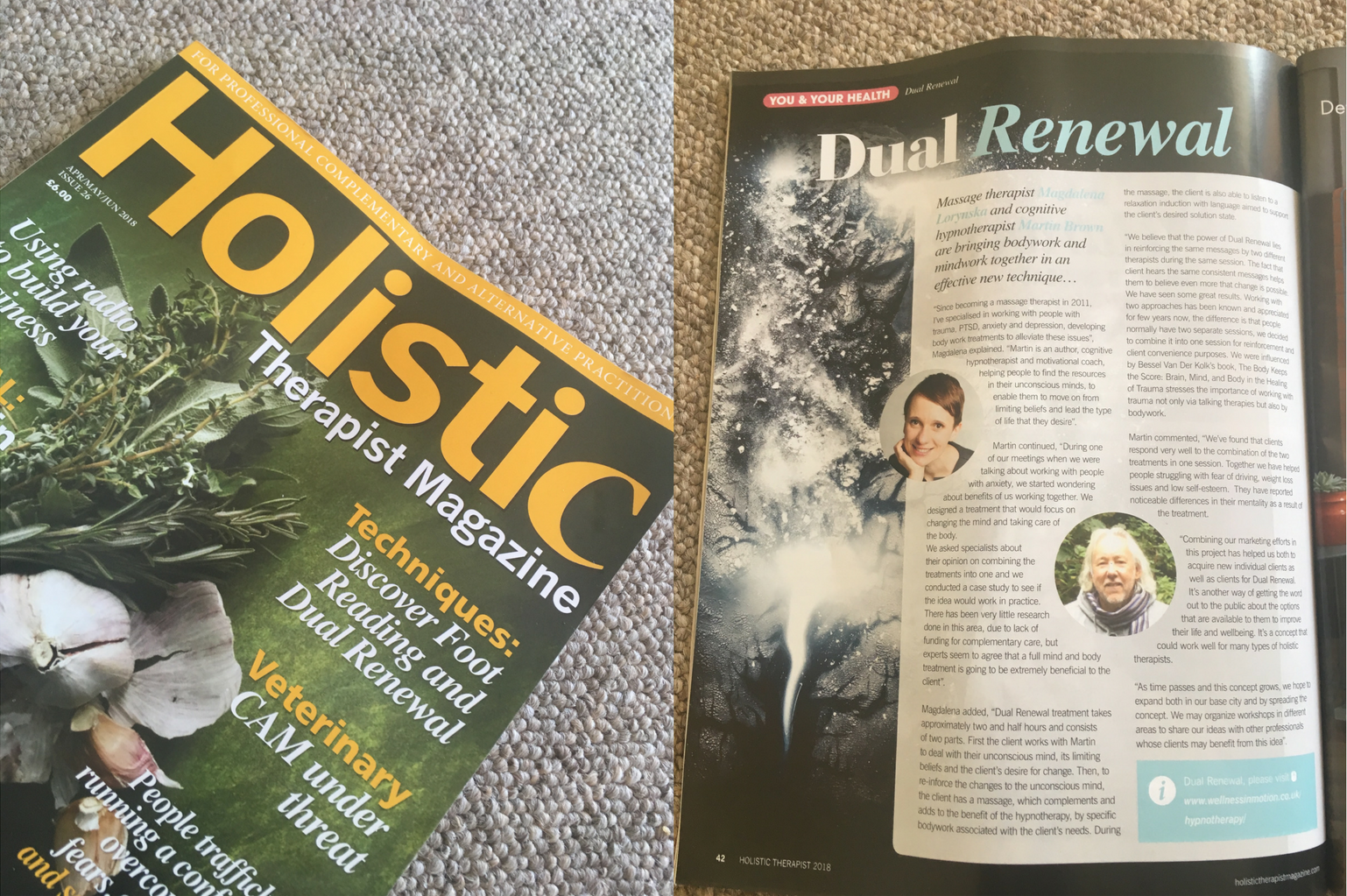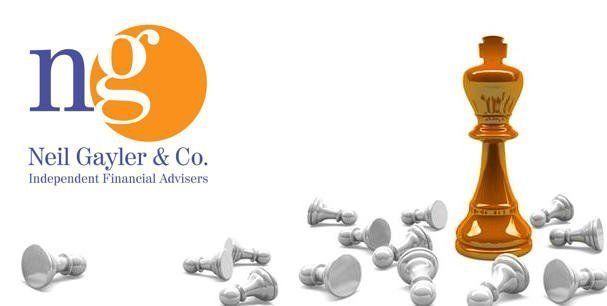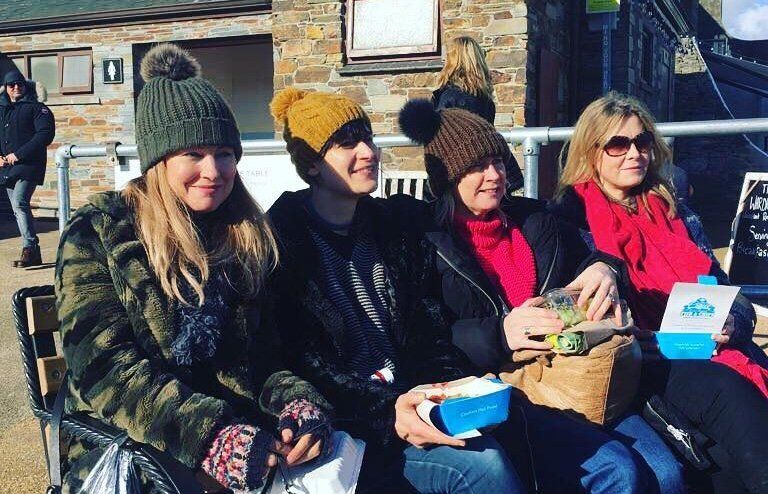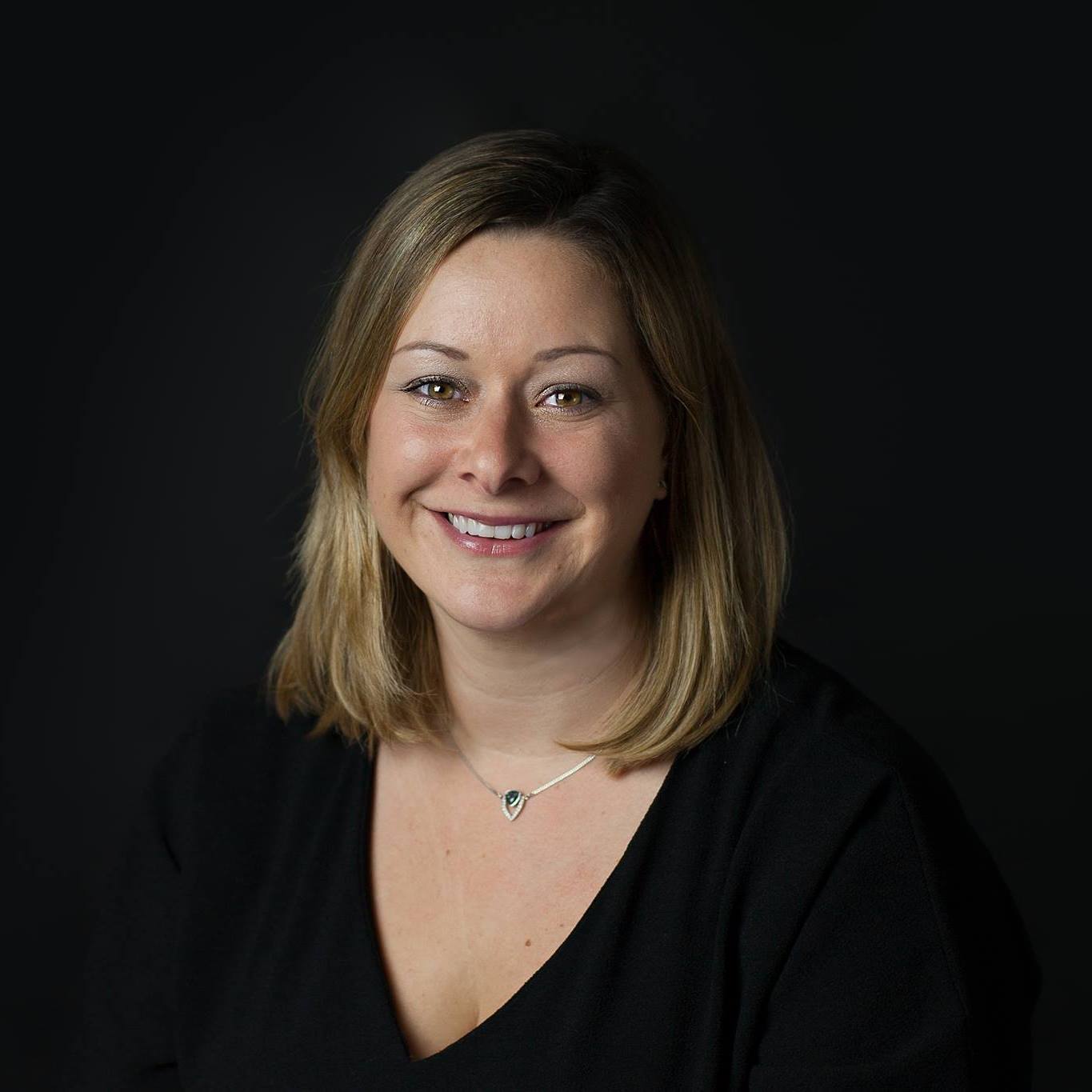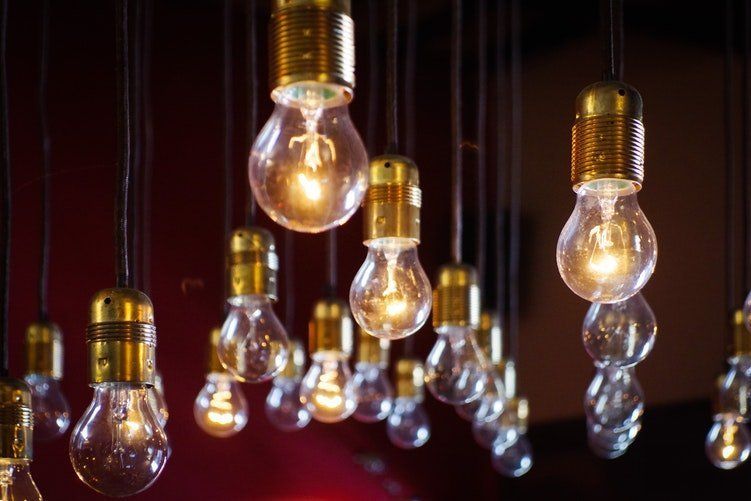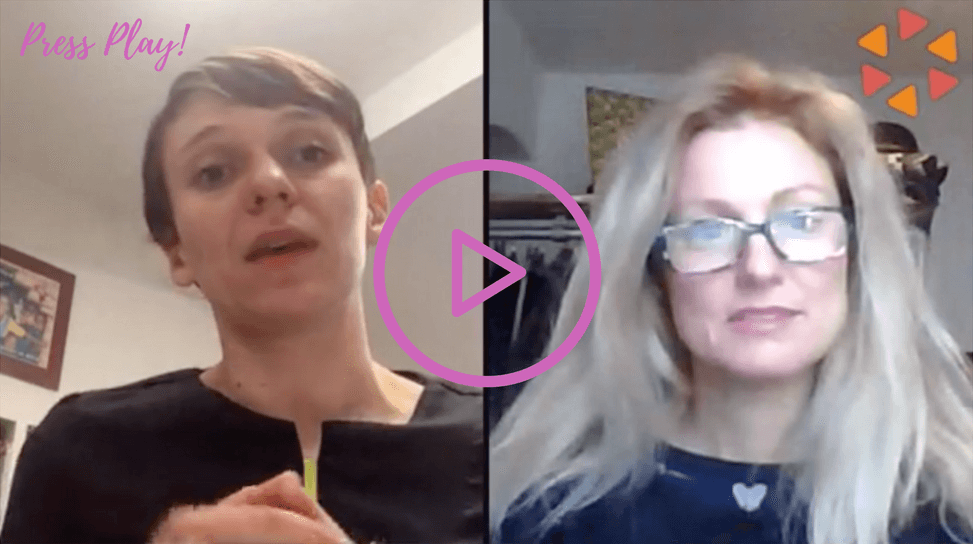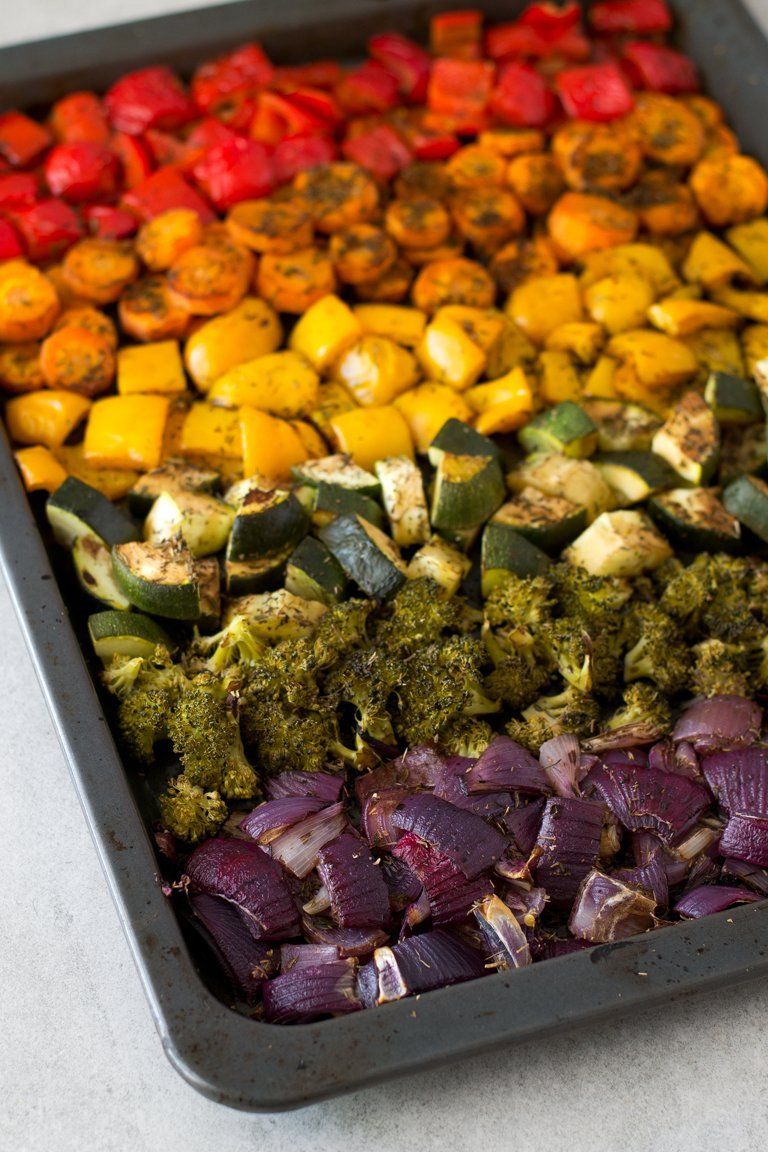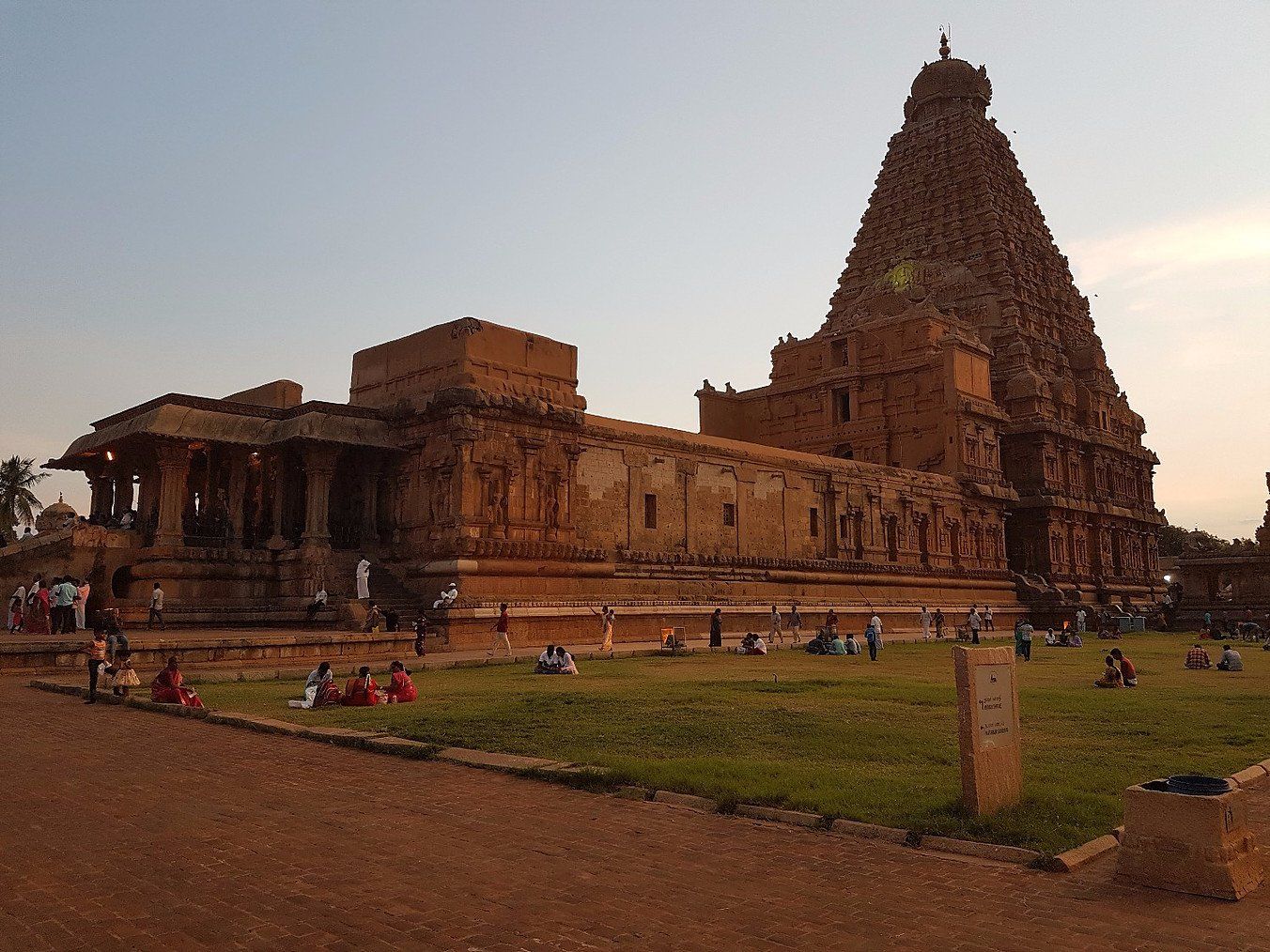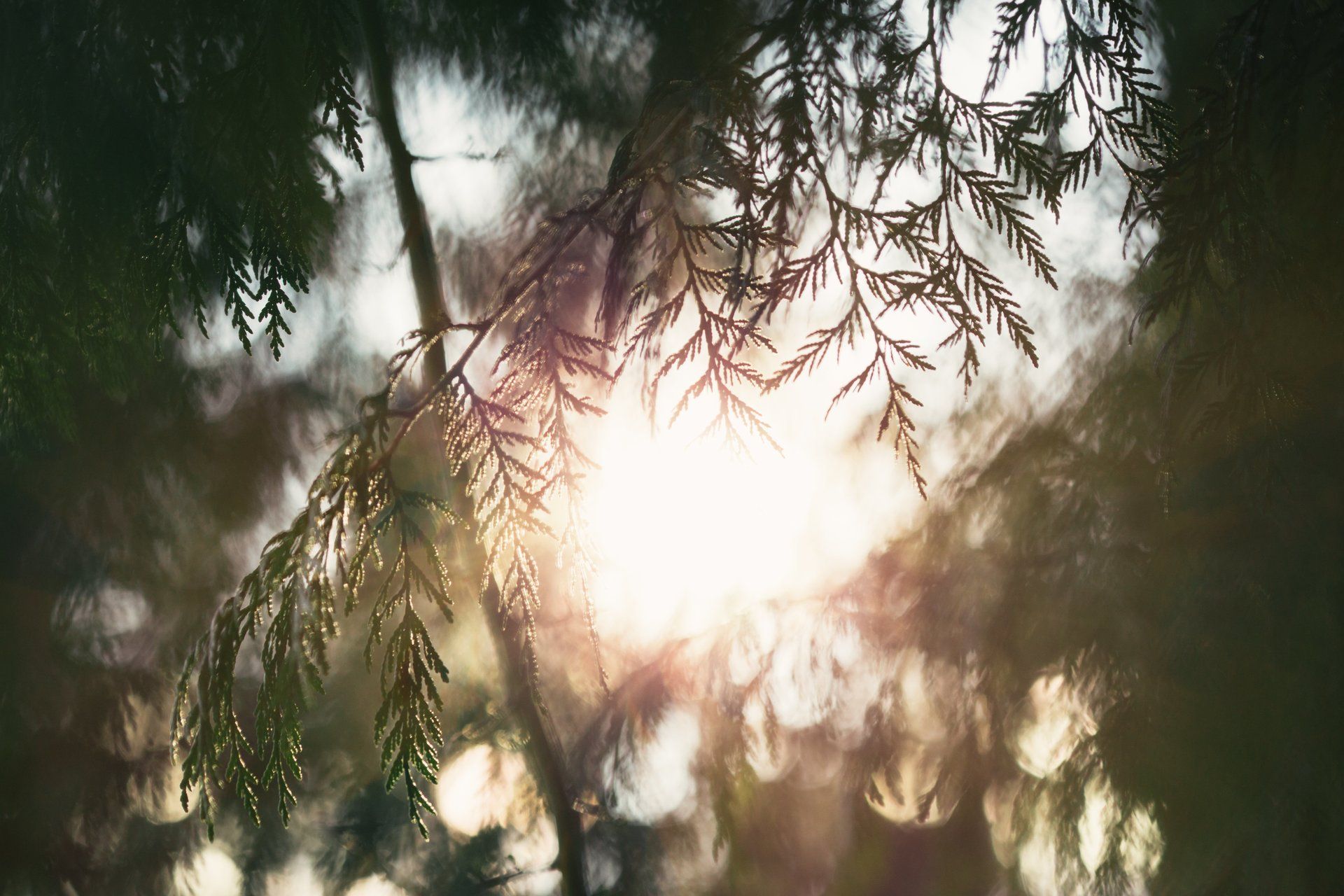Milking The Planet Dry - by Andy Tibbs
- by Cheranne Hack
- •
- 11 Sept, 2017
A weekly blog discussing contemporary food and nutrition topics, by the Owner and Head Chef of Poco Culina Andy Tibbs.
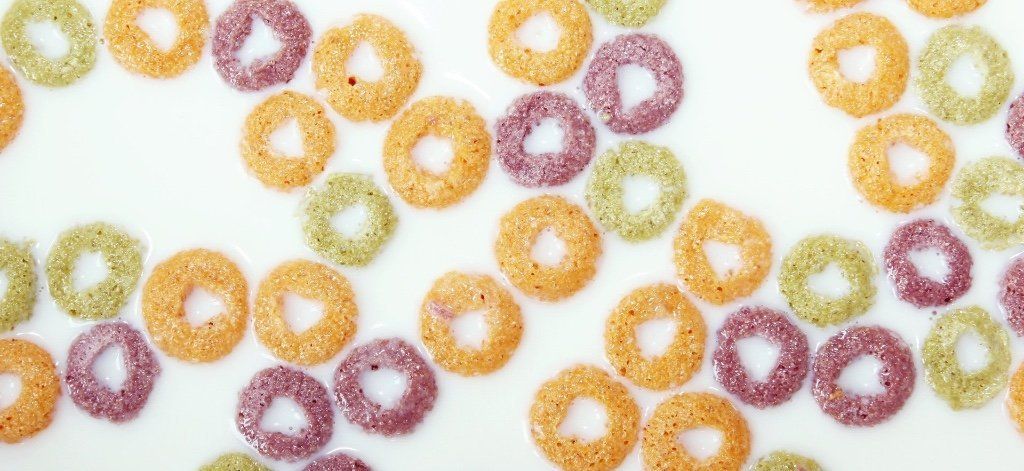
It was my birthday over the weekend. I played the game of reversing the numbers of my age as I often do, so for example, two years ago I was 15, last year 25 and this year I reached the ripe old age of 35! The game also involves recall and reflection too. Shortly after my 19th birthday in 1983 I left home to go and study in Wiltshire, leaving behind my South Devon comfort zone. I had been vegetarian for a relatively short time at that point, and I was excited about taking complete control of my own food. I regularly visited a health food shop called Swindon Pulse, which was an Aladdin’s Cave of open sacks of beans, grains and cereals with shelves piled high with meat replacement products that required rehydration, tins of exotic Eastern foods unfamiliar to me and also soya milk. At that time it was completely unavailable anywhere other than health food shops. I loved that shop – such shops had yet to re-imagine themselves as ‘pharmacies’ selling mainly supplements and bodybuilding potions, as they seem to now. I also liked one of the girls who worked in the shop, but that’s another story altogether.
Also I remembered being at primary school in the 1970s, at which point the full horror of school milk came flooding back to me. Miniature milk bottles holding, I think, 1/3 of a pint that arrived in the classroom first thing in the morning and were then stored on the radiator and in full sunlight. Needless to say, by the time my teacher had brutally stabbed the lids of each bottle with a knitting needle and inserted a straw later in the day, this full-fat bottle of misery was warm and thoroughly sour. I will forever be grateful to the late Margaret Thatcher for scrapping school milk (although there is little else in her legacy I am grateful for). I hated that school milk with a passion and as a result I’ve had a strong dislike for milk ever since.
Milk was no loss to me whatsoever when I shifted my diet to a fully vegan one a couple of years ago. To many, however, it is a default in the household fridge. Why? How did it come to be that humans became the only animal group to never become fully weaned?
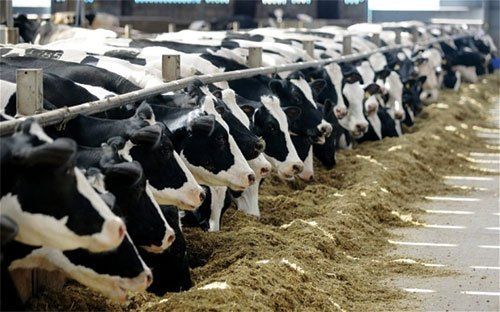
A study by scientists at University College London concluded that dairy farming communities in the Balkan and central European regions were the first humans to genetically change sufficiently to digest milk sugar lactose without becoming ill, some 7.500 years ago. Here’s Professor Mark Thomas, UCL Genetics, Evolution and Environment: 'Most adults worldwide do not produce the enzyme lactase and so are unable to digest the milk sugar lactose. However, most Europeans continue to produce lactase throughout their life, a characteristic known as lactase persistence.' The study suggests that following the domestication of animals, the genetic adjustment in their farmers allowed them to consume milk as a source of some vitamins and also because it was less contaminated than water supplies in those areas of Europe.
So much for the history. In modern Europe milk adds no nutrients that cannot easily be gained elsewhere and water contamination is largely not an issue either. In fact, the The Independent newspaper mentioned that dairy consumption has dropped by 30% in the UK over that past 20 years. Arguably, there are a couple of reasons for this among ‘mainstream’ consumers. The nutritional arguments for a reduced fat diet led to the rise in popularity of semi and fully skimmed milk, and an overall decrease in milk sales. As did a greater understanding of food intolerances – lactose is a big one – causing digestive problems, lethargy and skin conditions. Siobhan Norton goes on to say in her Independent article, 'It is thought that one in five people have some kind of dairy intolerance, although only 5% have a lactose intolerance. Lactose intolerance is caused when people don’t produce enough of the enzyme lactase needed to break to down the lactose, or sugar, in milk so that it can be more easily absorbed. The lactose stays in the digestive system where it ferments with the bacteria, producing gases and leading to flatulence, bloating, cramps and even diarrhoea.'
There are also many credible arguments that suggest that the presence of hormones and antibiotics used in modern milk production are also doing us no health favours. Some research suggests that due to the acid content of milk and the effect that has on our PH balance, countries with a high dairy consumption have an increase in calcium deficiency and osteoporosis – the exact opposite of what dairy marketing initiatives have been telling us for years. Steve Bessant, Nutritionist and Co-founder of The Coconut Collaborative (a range of dairy-free yoghurts) says that the pasteurisation process actually denatures the enzymes that help to break down the proteins in milk. 'This leaves milk proteins undigested in the small intestine, damaging the delicate lining of the gut and causing inflammation in the short term, and in the long term affecting the body's ability to absorb key nutrients. Although milk contains calcium, as little as 25% is actually absorbed by the body. Just because a food contains nutrients it does not mean they get absorbed - you are not what you eat, you are what you absorb.'
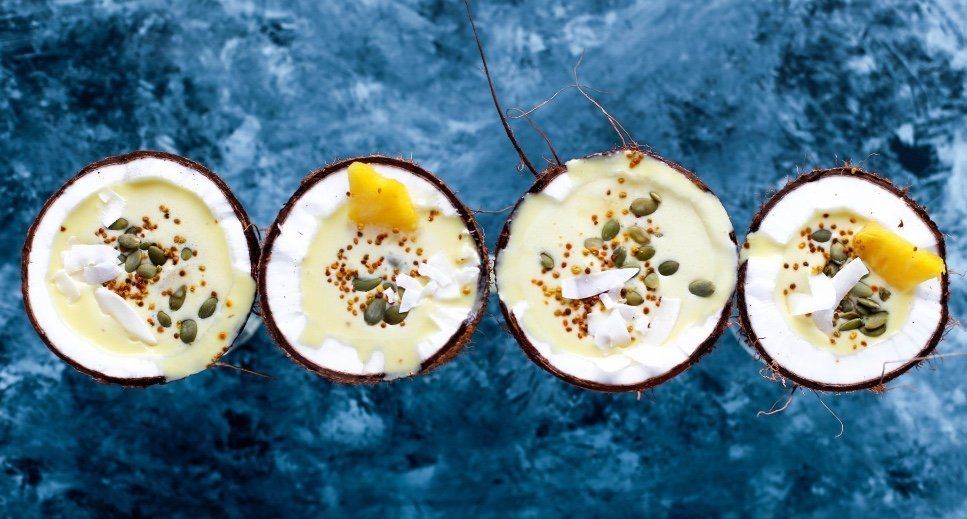
It goes without saying that I don’t believe the human body needs dairy to be healthy. I talked last week about sources of vitamins and nutrients in a vegan diet, so won’t repeat myself. Similarly, I certainly don’t believe that cruel practices such as pumping cows with hormones, antibiotics and creating an artificial state of pregnancy in cows can also ever be acceptable. Neither can I accept the environmental damage caused by the dairy industry, which now has approximately 270 million cows worldwide. According to the WWF (World Wildlife Fund) 'Dairy cows and their manure produce greenhouse gas emissions which contribute to climate change. Poor handling of manure and fertilisers can degrade local water resources, and unsustainable dairy farming and feed production can lead to the loss of ecologically important areas, such as prairies, wetlands, and forests'.
My challenge and my message to you is, as always, think about what you are consuming and make the choices that you believe in. The dairy industry is in a perpetual state of panic due to the aforementioned falling sales. Supermarkets now sell milk more cheaply than they sell water as they try to cling to sales. Milk manufacturers are falling over themselves to produce lactose-free milk by adding counter-balancing additives in order to protect themselves. Traditional dairy farmers are being squeezed into the ground by retailers’ buying policies. The good news is there is an increasing range of alternatives – all of which I successfully cook with. ‘Milks’ made from coconut, hemp, soya, cashew, hazelnut, almond, rice and oats are now readily available. Try them. See which you like and which works for you. Oh, and thanks to that hideous school milk I recalled at the start of this piece, I drink my morning coffee espresso style – black and in small cups, so maybe you don’t even need a replacement as often as you think.
Watch what you eat!
Andy.
